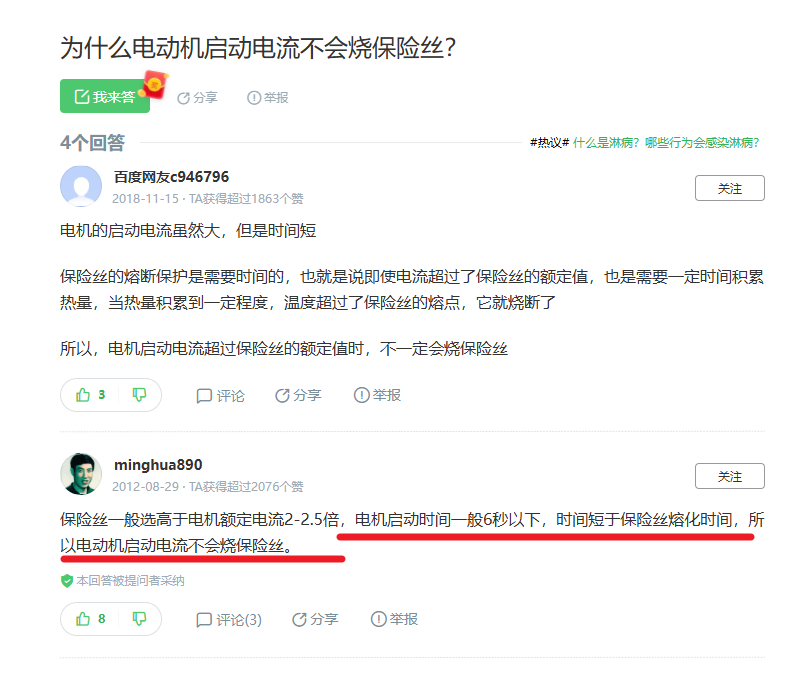面向AI应用开发
In the future, if all work is done by intelligent agents, the market for programmers and app markets will undergo significant changes:
未来,如果所有工作都由智能代理完成,程序员市场和应用市场将发生重大变化:
Programmers:
程序员:
Role Shift: Programmers might transition from writing code to designing, training, and managing AI agents. Their main work would involve defining complex AI behaviors, setting ethical guidelines, and ensuring system interoperability. The focus would be on high-level architecture, problem-solving, and oversight rather than detailed coding.
角色转换:程序员可能会从编写代码过渡到设计,培训和管理AI代理。他们的主要工作将涉及定义复杂的人工智能行为,制定道德准则,并确保系统的互操作性。重点将放在高层架构、问题解决和监督上,而不是详细的编码。
Skill Evolution: There would be an increased demand for skills in AI ethics, machine learning, and data science. Programmers would need to become adept at human-AI interaction design, understanding, and anticipating the societal impacts of AI decisions.
技能进化:对人工智能伦理、机器学习和数据科学技能的需求将增加。程序员需要擅长人与AI的交互设计,理解和预测AI决策的社会影响。
App Markets:
应用市场:
Agent-Driven Apps: Applications might shift from being traditional software to platforms where services are provided through agents. Markets would focus on the capabilities of agents, data models, or AI modules rather than complete applications.
代理驱动的应用程序:应用程序可能会从传统的软件转变为通过代理提供服务的平台。市场将专注于代理、数据模型或AI模块的功能,而不是完整的应用程序。
Service-Based Economy: The market could evolve into a model where users subscribe to or rent agent services for specific tasks like personal assistance, health management, or entertainment planning, rather than buying apps.
基于服务的经济:市场可能会演变成一种模式,用户可以订阅或租用代理服务来完成个人帮助、健康管理或娱乐规划等特定任务,而不是购买应用程序。
Cultivating Core Values and Competitiveness:
培养核心价值观和竞争力:
Ethics and Trust: Developing AI agents with transparency, accountability, and ethical considerations would be crucial. Companies prioritizing these values would gain a competitive edge in an AI-centric world.
道德和信任:开发具有透明度、问责制和道德考虑的人工智能代理至关重要。优先考虑这些价值观的公司将在以人工智能为中心的世界中获得竞争优势。
User Experience Innovation: Companies leading in intuitive, seamless human-AI interactions would dominate the market. This involves not just technology but also understanding human psychology, needs, and desires.
用户体验创新:在直观、无缝的人机交互方面处于领先地位的公司将主导市场。这不仅涉及技术,还涉及对人类心理、需求和欲望的理解。
Future Predictions:
未来预测:
Educational Overhaul: Educational systems would need to adapt, focusing more on AI literacy, ethical training, and creative problem-solving rather than traditional programming.
教育改革:教育系统需要适应,更多地关注人工智能素养、道德培训和创造性解决问题,而不是传统的编程。
New Job Categories: We might see the emergence of roles like "Agent Trainers," "AI Ethicists," or "Experience Designers," focusing on enhancing AI functionalities and user experiences.
新的工作类别:我们可能会看到像“代理培训师”,“AI伦理学家”或“体验设计师”这样的角色的出现,专注于增强AI功能和用户体验。
Market Consolidation: Large entities might dominate due to the scale needed for advanced AI research and deployment, but niche markets for specialized agent services could thrive, offering personalized or industry-specific solutions.
市场整合:由于先进的人工智能研究和部署所需的规模,大型实体可能占据主导地位,但专业代理服务的利基市场可能会蓬勃发展,提供个性化或特定行业的解决方案。
Development Speed:
开发速度:
Generative AI: Rapid development due to its widespread use in creative industries, content creation, and automated coding tasks, driven by advancements like GANs and transformer-based models.
生成式人工智能:由于其在创意产业、内容创建和自动化编码任务中的广泛使用,在GAN和基于transformer的模型等进步的推动下,得到了快速发展。
Interactive AI: Fast development with the rise of chatbots, virtual assistants, and customer service automation, though much depends on progress in NLP and human behavior comprehension.
交互式人工智能:随着聊天机器人、虚拟助手和客户服务自动化的兴起,人工智能得到了快速发展,尽管这在很大程度上取决于NLP和人类行为理解的进展。
Commercialization Potential:
商业化潜力:
Marketing AI: Huge potential due to direct ROI from personalized ads, customer segmentation, and sales prediction, making it a prime candidate for investment.
营销人工智能:由于个性化广告,客户细分和销售预测的直接投资回报率,使其成为投资的主要候选人。
Tool AI: Tools enhancing productivity in coding, design, or data analysis have commercial prospects by directly improving efficiency and output quality.
工具人工智能:提高编码、设计或数据分析生产力的工具通过直接提高效率和输出质量而具有商业前景。
Platformization and Scalability:
平台化和可扩展性:
Process AI: Can be highly platformized, as shown by companies like UiPath or Blue Prism, ideal for SaaS models due to workflow automation across industries.
流程人工智能:可以高度平台化,如UiPath或Blue Prism等公司所示,由于跨行业的工作流自动化,非常适合SaaS模型。
Generative AI: Platforms offering API access to AI models for content generation are becoming common, scalable as businesses look to automate content creation for efficiency.
生成式AI:提供API访问AI模型以生成内容的平台正在变得越来越普遍,可扩展,因为企业希望自动化内容创建以提高效率。
Analysis:
分析结果:
Interactive AI: Rapid growth but scalability might be limited by the need for nuanced context understanding, though cloud solutions are mitigating this.
交互式人工智能:快速增长,但可扩展性可能会受到细致入微的上下文理解需求的限制,尽管云解决方案正在缓解这一点。
Marketing AI and Tool AI: Scalable via APIs and cloud services, enabling businesses of all sizes to integrate AI without significant infrastructure investment.
营销人工智能和工具人工智能:可通过API和云服务进行扩展,使各种规模的企业能够在无需大量基础设施投资的情况下集成人工智能。











